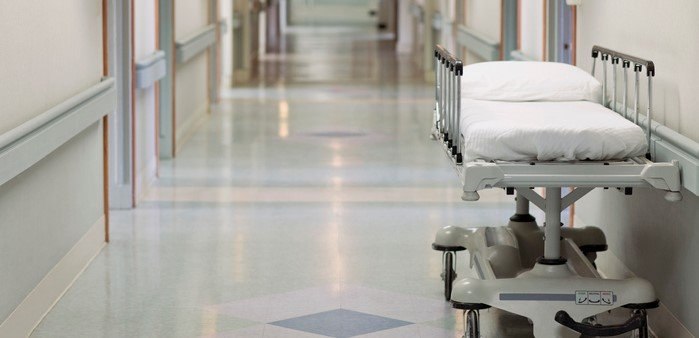The COVID-19 outbreak quickly became politicized as soon as cases began to spread in the United States in February. Throughout the crisis, Republicans have remained skeptical of the pandemic’s severity, while Democrats have been more concerned.
Even in recent weeks, as the virus began a new spike throughout the country, as well as in many Republican strongholds, those political differences remained. Despite increases, Republicans and Trump supporters in recent Economist/YouGov polls have claimed cases were declining in their communities.
But the recent surge of cases is difficult to ignore. In the last week there has been an increase in GOP voters recognizing that cases are rising in their own communities. Two weeks ago, before the election, just one in three Republicans said COVID-19 cases were increasing locally, and last week the response was much the same. But now, half of Republicans (50%) believe the caseload is growing, the highest since the Economist/YouGov poll started asking this question last summer.
There is little doubt in the public mind that America’s national case load is growing. Three in four registered voters say it is, including 93% of Democrats, 71% of Independents and 60% of Republicans.
Have increasing cases led to more precautions?
Democrats continue to be more worried about contracting the virus than Republicans, but three in five Republicans (61%) who believe the caseload is growing in their communities are also worried about contracting the virus.
Those Republicans who worry about getting sick are also more likely than Republicans overall to always wear a face mask when they are out of the house (56% vs 41%). Republicans who say they live in coronavirus hotspots also are somewhat less likely than all Republicans to consider mask mandates a violation of civil liberties.
How Americans are viewing an eventual vaccine
Republicans in general have not just been resistant to mask mandates; they also are less willing to say they will be vaccinated once there is a COVID-19 vaccine. As many Republicans say they won’t be vaccinated (37%) as claim they will (38%). There is a significant amount of uncertainty in all groups when it comes to getting the vaccine. Nearly one in three aren’t ready either to commit to the vaccine or reject it out of hand.
Two in three Americans overall continue to have safety concerns about a fast-tracked vaccine. But the recent announcements from two pharmaceutical companies about safe and effective vaccines has made the public more hopeful about when a vaccine will be available to the public. Nearly three in four Americans now think a vaccine will be generally available by the summer of 2021.
See the toplines and crosstabs from this week’s Economist/YouGov Poll
Methodology: The Economist survey was conducted by YouGov using a nationally representative sample of 1,500 registered voters interviewed online between November 15 - 17, 2020. This sample was weighted according to gender, age, race, and education based on the American Community Survey, conducted by the US Bureau of the Census, as well as 2016 Presidential vote, registration status, geographic region, and news interest. Respondents were selected from YouGov’s opt-in panel to be representative of all US citizens. The margin of error is approximately 3.2% for the overall sample.
Image: Getty









